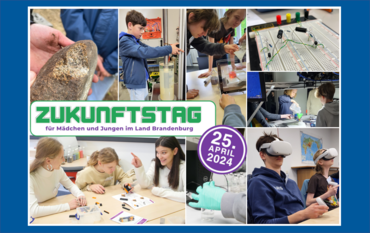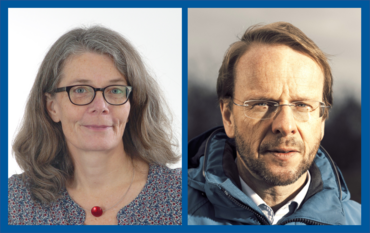In climate research, medicine, or the exploration of new materials for the energy transition, huge amounts of data are being generated. However, their full potential can only be realized if scientists can analyse ever-larger amounts of data. A new generation of AI foundation models is now poised to tackle a range of major challenges in science. The Helmholtz Association is pioneering in this field, supporting four pilot projects and the necessary infrastructure with approximately 23 million euros. Twelve Helmholtz Centres are participating in projects aimed at using artificial intelligence to make radiological diagnoses more reliable, improve understanding of the global carbon cycle, elevate climate models to a new level, and accelerate the development of a new generation of photovoltaic modules.
Why foundation models?
Foundation models are AI applications that, built upon a very broad knowledge base, are capable of solving a range of complex problems. They are significantly more powerful and flexible than traditional AI models, making them suitable for scientific applications. Through targeted training with extensive datasets and the use of generative AI, they can understand complex relationships based on learned patterns, generate new connections, and make predictions. This enables, for example, the stronger integration of global climate data or significant improvements in medical diagnoses. “We are convinced that with foundation models, we can push the boundaries of science. Helmholtz not only brings outstanding talents and comprehensive datasets from various research areas but also brings together a unique computer infrastructure,” says Otmar Wiestler, President of the Helmholtz Association.
The Helmholtz Foundation Model Initiative (HFMI)
The goal of the three-year Helmholtz Foundation Model Initiative (HFMI) is to develop fully functional models. Four pilot projects have been selected for this purpose, involving scientists from twelve Helmholtz Centres. Over a period of three years, the projects will receive funding totalling 11 million euros. An additional 12 million euros will be invested in expanding necessary infrastructure. A Synergy Unit will also research interdisciplinary questions, promote knowledge exchange between projects, and undertake overarching activities. The funded projects aim to not only provide clear value for science but also make their final results available to society as open source—this includes the code, training data, and trained models.
Prof. Dr. Martin Herold, Head of GFZ-Section “Remote Sensing and Geoinformatics” participates in the Project:
3D-ABC: Calculation and visualization of the global carbon budget of vegetation and soils
To mitigate the effects of global climate change, we need comprehensive knowledge about the global carbon budget, which comprises CO2 sources and sinks such as wetlands, forests, or permafrost soils. Until now, researchers have struggled to quantify how changes in land areas, vegetation, or soils affect the carbon cycle due to heterogeneous and scattered data. The foundation model 3D-ABC will target the integration and modeling of data from various sources such as satellites, drones, or local CO2 monitoring stations. This allows key parameters of the global carbon cycle of vegetation and soils to be captured, quantified, and characterized with high spatial resolution.
“The 3D-ABC foundation model development is a great opportunity to compile, process and integrate the multiple carbon measurements that have been done by different HGF centers. These includes long-term ground measurements, those from drones and planes all the way to satellite-based data incl. Laser data and Radar – such as DLR’s Tandem-X mission that will be part of this joint effort. Combining and making sense of all these data and see how the model relates to different application cases is the main objective,” says Martin Herold, head of the GFZ section “Remote Sensing and Geoinformatics”.
The GFZ, together with the AWI and the UFZ, is contributing the data and knowledge about the carbon cycle and the methods for monitoring and modelling to this project and this Helmholtz partnership.
Participating Helmholtz Centers: Alfred Wegener Institute, Helmholtz Center for Polar and Marine Research, Forschungszentrum Jülich, Helmholtz-Zentrum Dresden-Rossendorf, Helmholtz Center Potsdam – GFZ German Research Center for Geosciences, Helmholtz Center for Environmental Research, and German Aerospace Center.
The other projects
HClimRep: Capturing interactions between the atmosphere, ocean, and sea ice in a novel climate model
Participating Helmholtz Centers: Forschungszentrum Jülich, Alfred Wegener Institute, Helmholtz Center for Polar and Marine Research, Karlsruher Institute for Technology, and Helmholtz-Zentrum Hereon.
“The Human Radiome Project”: 3D radiology data for a fundamentally better understanding of anatomy and pathology
Participating Helmholtz Centres: Deutsches Krebsforschungszentrum, German Center for Neurodegenerative Diseases, and Max Delbrück Center.
SOL-AI: Development and optimization of photovoltaic materials
Participating Helmholtz Centres: Forschungszentrum Jülich, Karlsruher Institute for Technology, Helmholtz-Zentrum Berlin für Materialien und Energie, and Helmholtz-Zentrum Hereon.
Synergy Unit: Developing, deploying, and connecting foundation models
Participating Helmholtz Centres: Deutsches Krebsforschungszentrum, Helmholtz Munich, Forschungszentrum Jülich, and Max Delbrück Center.
(Based on the press release of the Helmholtz Association)
Further information can be found in the press release of the Helmholtz Association.
Further information on Foundation Models can be found here.
External Media Contact:
Sebastian Grote
Head of Communications
Helmholtz Association
Phone: +49 (0)30 206 329-74
Email: sebastian.grote@helmholtz.de


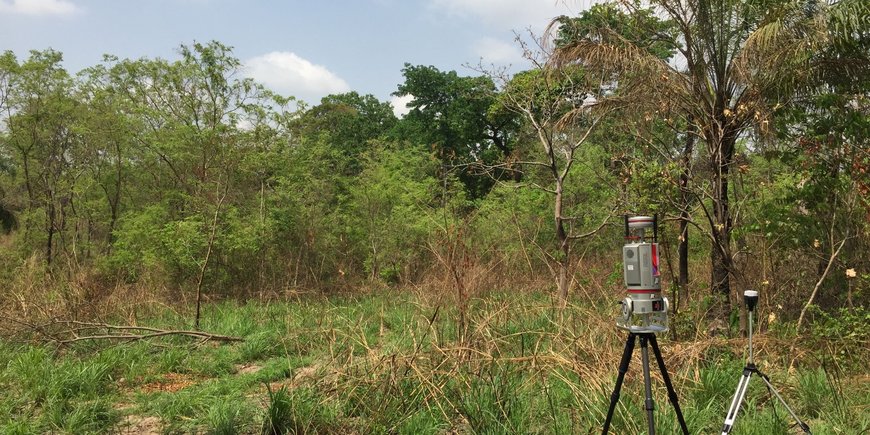






![[Translate to English:] Group photo with 7 people in front of a new metal plant in a large laboratory hall.](/fileadmin/_processed_/0/4/csm_20240628-GFZ_Einweihung_Triax-Anlage-PRESSE_Abb1_040_c-Bahlo-GFZ_187906cb48.jpeg)




![[Translate to English:] Heidi Kreibich, woman with short brown hair and blue eyes. She is wearing a grey cardigan and a red polo shirt](/fileadmin/_processed_/6/6/csm_kreibich-Heidi_1_Querformat_he-2021_2dedd3ef33.jpeg)




![[Translate to English:] [Translate to English:] Totes Meer gesehen von einem Hügel am Ufer](/fileadmin/_processed_/0/f/csm_20240612-web_AdobeStock_151245578_cb8e2706f3.jpeg)

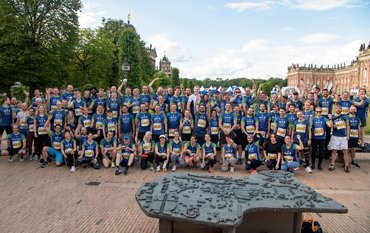
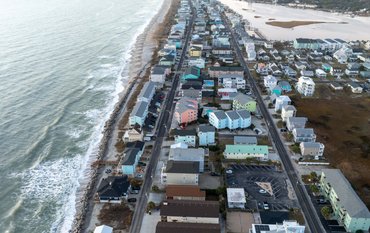
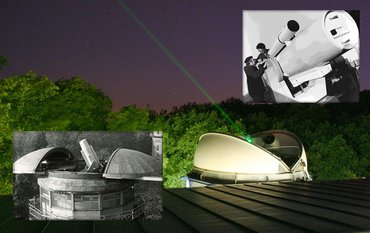
![[Translate to English:] Gruppenfoto im Hörsaal](/fileadmin/_processed_/8/a/csm_240528-GfZ-ERC-Grantees-Gruppe_31be9704f5.jpeg)
![[Translate to English:] Susanne Buiter in front of a blue wall with GFZ logo](/fileadmin/_processed_/d/7/csm_20220721-GFZ-Portrait-Buiter-1-he-web_-c-Reinhardt_Sommer_2a6e3b8ae1.jpeg)
![[Translate to English:] [Translate to English:] Drohne](/fileadmin/_processed_/b/a/csm_20240515_155801_d696ee4200.jpeg)
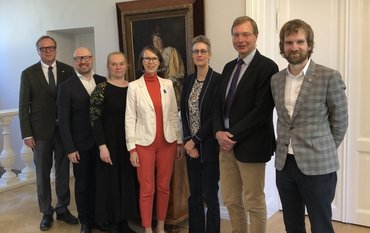
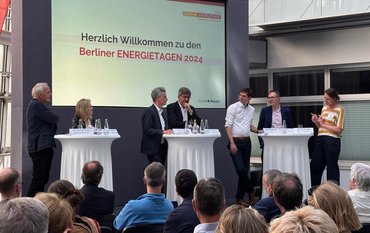
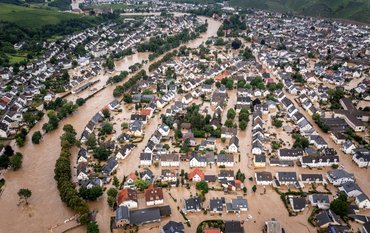
![[Translate to English:] ein riesiges Erdloch in einer kargen Landschaft im Iran mit Bergen im Hintergrund](/fileadmin/_processed_/f/1/csm_DSC_7917_kleiner_f14e27f7ad.jpeg)
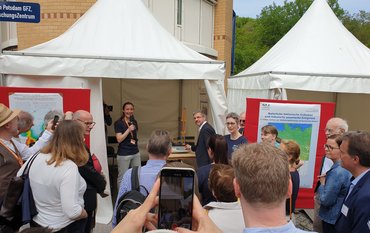
![[Translate to English:] Lecture room at GFZ with participants](/fileadmin/_processed_/a/9/csm_P1140796__002__c03fcad8bd.jpeg)
